In overcoming prejudice, working together is even more effective than talking together
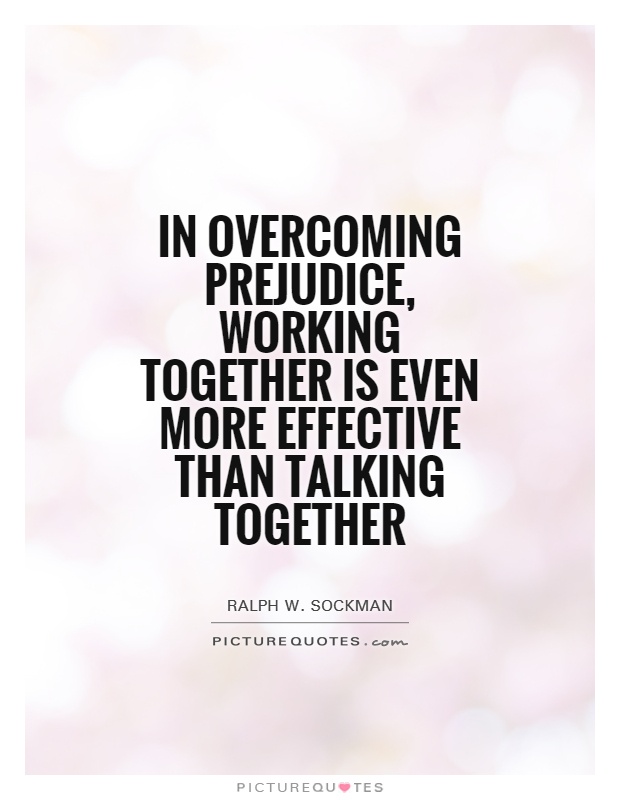
In overcoming prejudice, working together is even more effective than talking together
Ralph W. Sockman, a prominent American clergyman and author, once said, “In overcoming prejudice, working together is even more effective than talking together.” This statement holds true in the fight against prejudice and discrimination, as actions speak louder than words. While dialogue and communication are important in addressing prejudice, it is through collaborative efforts and tangible actions that real change can be achieved.Prejudice is a deeply ingrained bias or stereotype that can lead to discrimination and inequality. It is often rooted in fear, ignorance, and a lack of understanding of others who are different from ourselves. In order to overcome prejudice, it is essential to work together with those who are affected by it, as well as with allies who are committed to promoting equality and justice.
Working together to combat prejudice involves actively engaging in efforts to dismantle systemic barriers and create a more inclusive society. This can take many forms, such as advocating for policy changes, supporting marginalized communities, and challenging discriminatory attitudes and behaviors. By coming together to address the root causes of prejudice, individuals can make a meaningful impact and create lasting change.
One example of the power of working together to overcome prejudice is the civil rights movement in the United States. During this pivotal moment in history, people from all walks of life came together to challenge racial segregation and discrimination. Through collective action, including protests, marches, and legal challenges, activists were able to bring about significant social and political change. By working together, they were able to shift public attitudes and policies, leading to greater equality and justice for all.
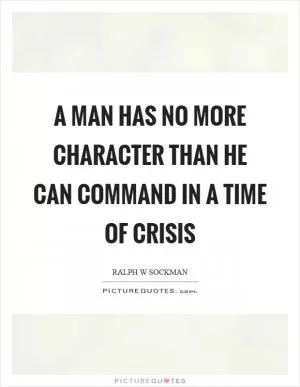

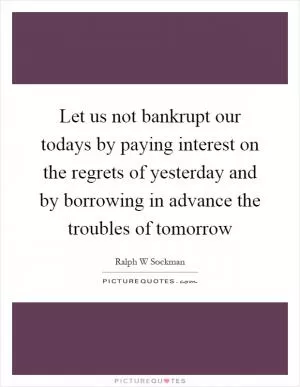
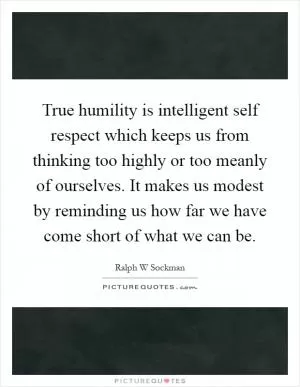
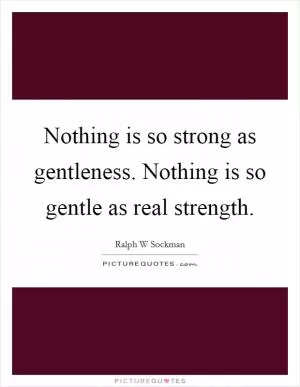

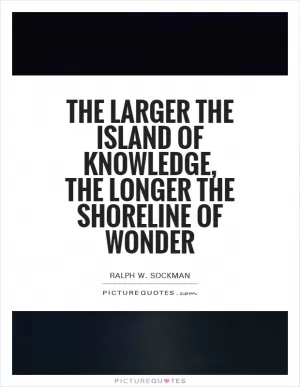
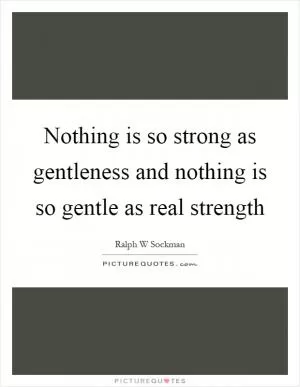
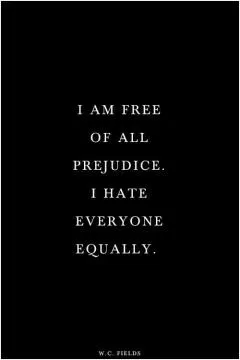
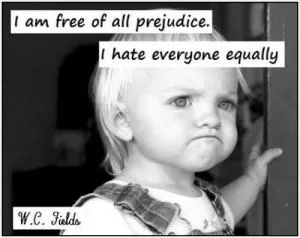
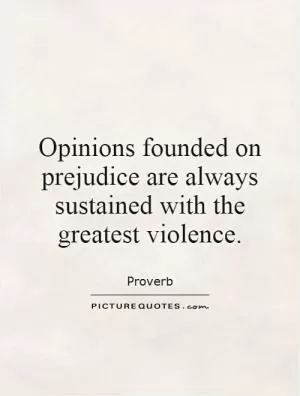
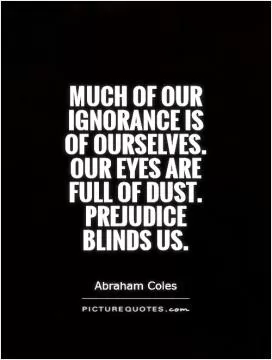
 Friendship Quotes
Friendship Quotes Love Quotes
Love Quotes Life Quotes
Life Quotes Funny Quotes
Funny Quotes Motivational Quotes
Motivational Quotes Inspirational Quotes
Inspirational Quotes